Inclusive Language Tips for Attracting Top Talent
When it comes to attracting and retaining top talent, the words you use matter.
While many organisations proudly showcase their commitment to diversity, equity, and inclusion (DEI), the real proof often lies in the candidate experience — starting with the job ad.
In property and real estate recruitment, where people are at the heart of every transaction, inclusive communication can be the difference between broadening your talent pool and unintentionally narrowing it.
From the way you write position descriptions to the tone of your internal and external communication, inclusive language sends a powerful signal: that your business values diversity and welcomes all professionals to apply. On the other hand, outdated or biased phrasing can quickly discourage talented candidates before they even reach the application stage.
What is inclusive language?
Inclusive language is the conscious use of words that avoid bias, stereotypes, or exclusion. In recruitment, this means ensuring that any potential candidate, regardless of gender, age, background, or ability, feels encouraged to apply and sees themselves reflected in your workplace culture.
For example:
- Exclusive: “Looking for a property management rockstar.”
- Inclusive:
“Looking for an experienced property management professional.”
- Exclusive: “Must be able to lift 20kg signs.”
- Inclusive: “Must be able to move signage or equipment weighing up to 20kg, with assistance if required.”
Why inclusive language matters in recruitment
- It expands your talent pool: Inclusive language opens the door to a wider range of candidates, encouraging applications from professionals who may otherwise overlook the opportunity. In today’s competitive property market, that diversity can give your business a genuine edge.
- It reduces unconscious bias: Phrases like “guru,” “ninja,” or “rockstar” might sound fun, but they can subtly signal a preference for younger, more masculine candidates. Using neutral, professional terms helps ensure everyone feels welcome.
- It reflects a culture of equity: Equitable hiring starts with equitable job ads. Candidates want to work in environments that are fair, transparent, and respectful, and language plays a big role in communicating that.
Practical tips for writing inclusive job ads
- Use gender-neutral terms: Replace gendered pronouns like “he/she” with “they,” and use titles such as “chair” or “manager” instead of “chairman” or “foreman.”
- Review job titles carefully: Swap out gendered or dated titles. For example, use “Leasing Consultant” instead of “Leasing Agent (Male/Female).” Keep it simple and professional.
- Avoid jargon and buzzwords: Terms like “superstar,” “hustler,” or “go-getter” can feel unrelatable or exclusive. Instead, use clear, role-based descriptors like “experienced,” “skilled,” or “motivated.”
- Focus on what’s essential:
Avoid unnecessary physical or technical requirements that could deter qualified candidates. If specific qualifications or years of experience aren’t mandatory, clarify that equivalent experience will also be considered.
- Be conscious of tone: Words like “competitive” or “aggressive” can suggest a high-pressure environment, which may discourage some applicants. Alternatives like “goal-oriented” or “results-driven” convey ambition without exclusion.
- Highlight flexibility: Flexibility remains one of the strongest attractors for diverse candidates. Emphasise hybrid options, flexible hours, or supportive return-to-work pathways.
- Ensure accessibility: Consider whether your ads easy to read, mobile-friendly, and available across multiple channels.
Beyond the job ad: embedding inclusivity in communication
Inclusive language shouldn’t end once a candidate applies. To build a genuinely inclusive employer brand, this approach needs to carry through every stage of communication:
- Internal communication:
Review handbooks, onboarding materials, and training documents to ensure they use inclusive terms. When all employees feel represented, retention and morale improve.
- External communication:
Your website, social media, and even property marketing can reflect your commitment to inclusion. Candidates and clients notice when a company’s values are consistent across all touchpoints.
- Leadership and team culture: Inclusive communication starts from the top. When leaders and managers use thoughtful, respectful language, it sets the tone for an equitable and welcoming workplace.
Small changes, big impact
Inclusive language isn’t about being “politically correct”, it’s about being thoughtful, intentional, and authentic. It helps you attract a broader range of skilled professionals and creates a first impression that aligns with modern workplace values.
By making small adjustments to how you write, speak, and present your roles, you can send a clear message: Everyone belongs, and everyone is welcome to apply.
At Edge Recruitment, we work with employers across South Australia’s property and real estate industry to help build inclusive, people-focused teams. If you’d like advice on how to make your job ads and hiring process more inclusive,
contact our team today.














